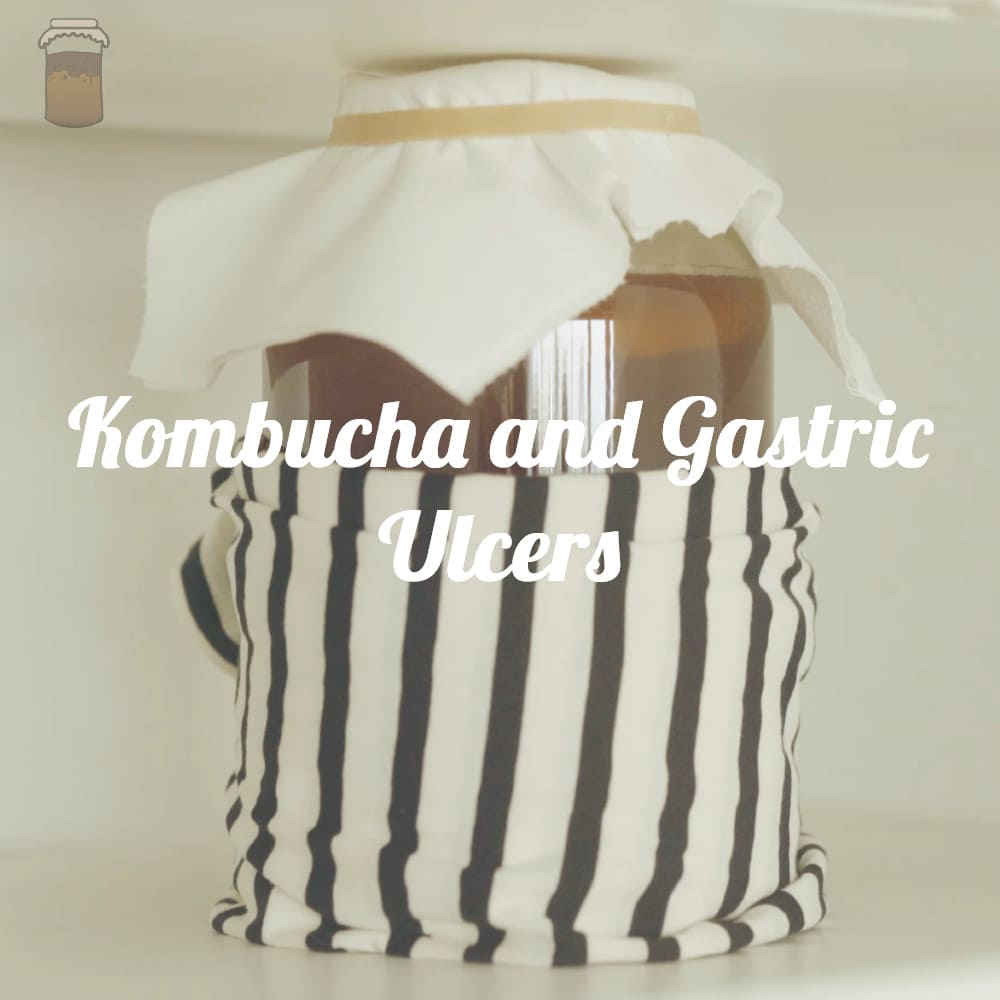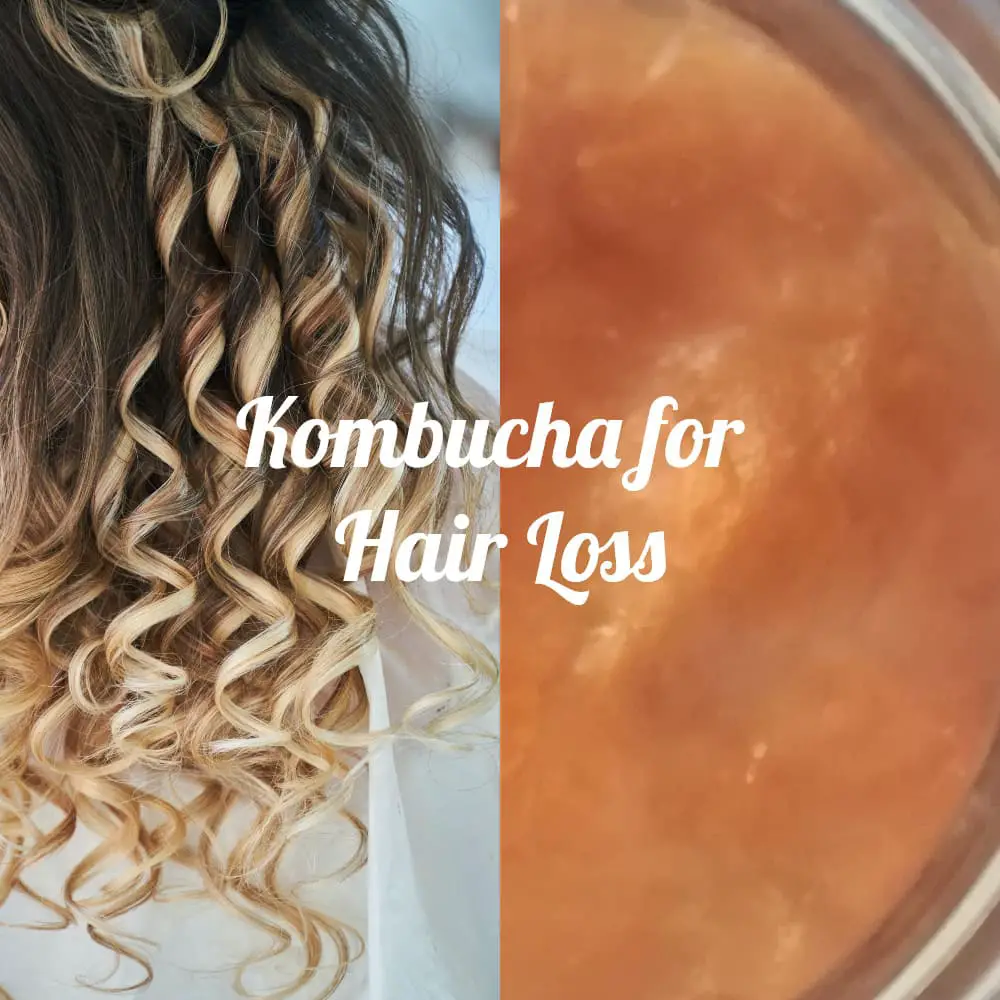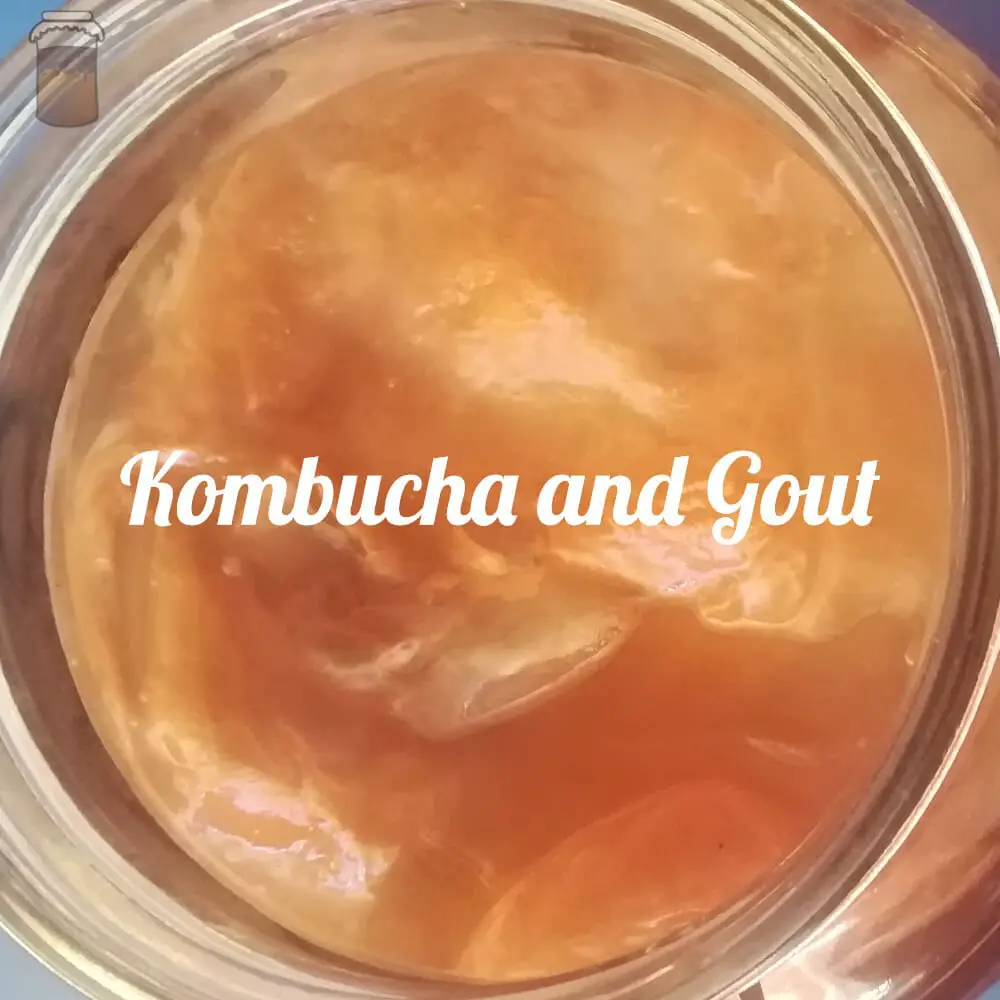
It is absurd to think that an acidic drink can control and eliminate gastric ulcers, usually caused by high acidity due to acidic gastric secretions, so how is it possible that an acidic liquid does not worsen this condition and make the opposite effect by healing the wound?
Kombucha offers a variety of components that, depending on the controlled consumption and its conditions, could generate beneficial or harmful effects in the clinic of gastric ulcers.
It is infrequent to present damage to health by consuming kombucha, associated when its processing conditions are not optimal. At the same time, a safe product should not present risks and will provide your body with what is necessary to combat or relieve pathologies, either gastric or general.
Kombucha can keep the low pH in a constant range slowing the decrease of this, being very beneficial to buffer the acidity of secretions. In addition, its properties have different effects that help maintain gastrointestinal health.
In the following chapters, we are going to break down this idea.
How could kombucha cure gastric ulcers?
The properties of kombucha provide different benefits that favor the healing of the ulcer, being its antioxidant and probiotic capabilities those with the most significant influence on clinical remission, which is often caused by the indiscriminate use of NSAIDs (Nonsteroidal Anti-Inflammatory Drugs). [1] [2]
Studies in mice have shown its antiulcerogenic capacity, where the possibility of presenting these benefits also in humans is considered, these being the following:
- The antioxidant action helps prevent the breakdown of protective mucin because the phenol content allows a better ability to eliminate free radicals.
- The low caffeine content in kombucha makes it a better choice than any other type of tea since these have a high amount that impairs ulcer healing by increasing the production of acids.
- Some organic acids, such as lactic acid, promote digestive action and reduce acid secretion. In contrast, butyric acid strengthens the intestinal walls. In addition, the low pH of the drink could work as a defense mechanism to prevent bacterial infection, which would reduce inflammation.
Among all the above, kombucha probiotics are also considered as a possible treatment and prevention of gastric ulcers, where in some studies, the benefits in the cellular and molecular mechanisms involved in gastric protection related to the production of mucus, anti-inflammatory cytokines, prostaglandins, the eradication of H. pylori, etc. have been demonstrated. [2]
One of the probiotics in kombucha that would have more influence in the treatment and prevention of gastric ulcers due to the indiscriminate use of products such as ibuprofen is the yeast Saccharomyces boulardii. If you wonder, “What happens if I drink kombucha with ibuprofen?” Click the link to find out.
However, studies in rats have shown that some of the most effective probiotics in the fight against gastric ulcers are the lactobacillus strains, present in kombucha but in more significant quantities in fermented products such as kefir or yogurt. [2]
I have a comparison of kombucha with the previously mentioned products, which you can find out here:
All these studies are based on animal or in vitro assays, so the evidence in humans is inconclusive and requires further research to determine if they can be used as treatments.
Can you control Helicobacter pylori ulcers?
Infections derived from the bacterium Helicobacter Pylori are one of the causes of gastric ulcers, as it attacks the stomach lining and inhibits its ability to heal by colonizing the place where the ulcer occurs.
Kombucha tea can inhibit the growth of some pathogens (parasites or bacteria) that cause diseases in the gastrointestinal tract, thanks to the low pH value of the drink due to organic acids, highlighting acetic acid, in addition to the production of catechins and large proteins produced in fermentation that have a parasiticidal effect. [3]
Microbial kombucha broth also contains lactobacillus, and as I mentioned in the previous section, they are helpful for therapy against gastric ulcers, in particular, in eradicating and reducing the effects caused by the bacterium Helicobacter Pylori.
Doesn’t the acidity of kombucha increase the risk of forming gastric ulcers?
Not necessarily. The risks associated with kombucha are due to poor preparation and contamination of this with pathogens, the gastric mucosa is not usually affected by the consumption of the drink, and the cases that have occurred have been minimal since apparently the contamination of kombucha tea is the cause of gastro toxicity. [1]
One of the main reasons for kombucha contamination is improper kombucha containers since leaching could occur based on the low pH.
It is also not sure that it can always offer the benefits already mentioned to all people, usually depending on factors such as the gastric and duodenal microbiome, in addition to the immune capacity of the host to obtain complete healing of the ulcer without complications, regardless of the cause.
The components of kombucha usually provide a variety of organic acids. Still, as long as no element alters the production of these substances, they will continue to deliver the benefits that will protect the gastrointestinal mucosa and provide nutrients that favor the healing of the ulcer. [4]
Could too much kombucha make gastric and intestinal ulcers worse?
That depends on the amount of acid consumed and the pH level of kombucha at the time of consumption. As a rule, kombucha will not worsen the problem of your ulcers.
The recommended dose is more oriented to the sugar content of kombucha than any other component, independent of the acids or probiotics themselves. It is not that these components do not matter, only that sugar can become more harmful. You can see the dedicated article by clicking on the link.
As there are exceptions, cases of people who presented acidosis or pathologies at the gastrointestinal level. These people had previous conditions that made them susceptible, and after the consumption of kombucha, they showed intestinal perforation due to the intense acidity from the secretion. [5]
Although kombucha has not been attributed full responsibility, it should also be mentioned that its processing conditions made it too acidic since they had increased the fermentation time.
Can you treat other types of ulcers other than the stomach?
Kombucha can help heal ulcers in some parts of the body, whether diabetic or intestinal cause, where the bacterial cellulose formed on the surface of the drink works as a treatment or support during grafts that will reduce the size of the ulcer until it is eliminated.
Treatments related to vascular grafts have been considered where microbial cellulose can be used as a support to stabilize the tissue and help heal varicose ulcers, being possible that kombucha helps in the healing of ulcerated tissue.
The bacterial cellulose of kombucha can treat a variety of ulcers of diabetic origin, venous in the legs or bedsores, thanks to the porosity of its membrane that allows the transfer of antibiotics, but also represents a layer against external agents. [6]
But as always, further experimentation is required to confirm these potential benefits as the above is based more on theory than practice.
With this, we can close this issue about kombucha and gastric ulcers. However, more content may interest you regarding kombucha and the world of fermented foods, and here you have it.
References
[1] https://pubs.rsc.org/en/content/articlehtml/2010/fo/c0fo00025f
[2] https://www.ncbi.nlm.nih.gov/pmc/articles/PMC4906699/
[3] https://www.hindawi.com/journals/jchem/2015/591869/
[4] https://ift.onlinelibrary.wiley.com/doi/full/10.1111/1541-4337.12073






